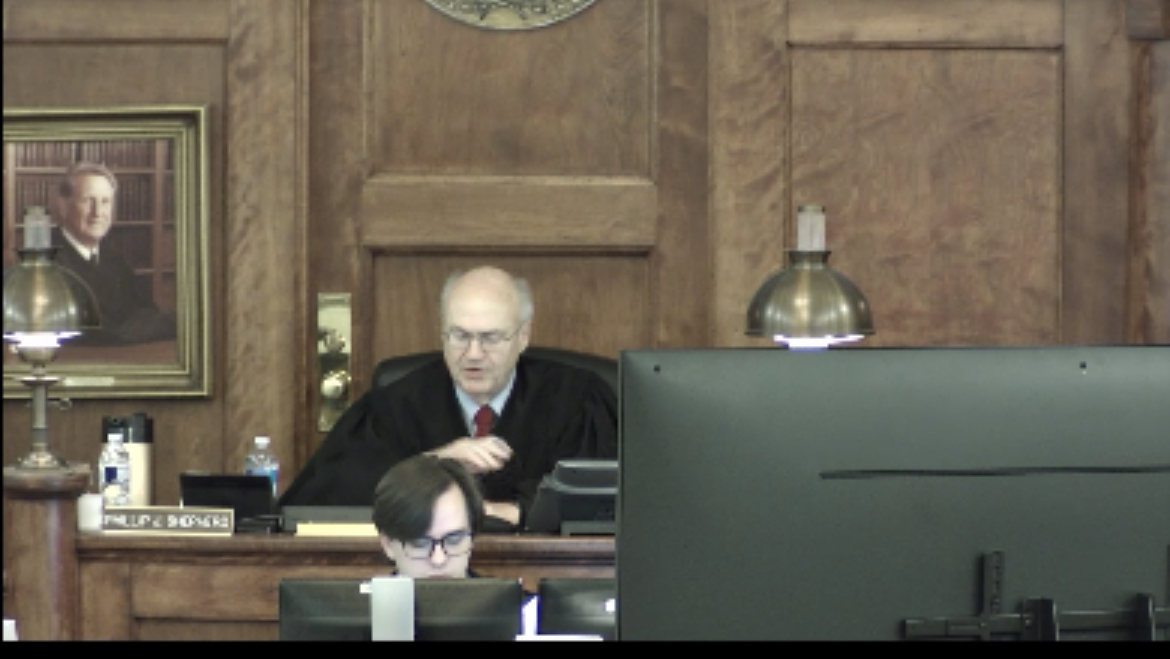

The Franklin Circuit Court heard arguments on Monday in a bid rigging lawsuit that traces its roots to an open records dispute between two Louisville attorneys and the Kentucky Public Pension Authority.
The court indicated it would rule quickly on the defendants’ motion to stay discovery and appeared inclined to permit limited discovery.
In July, the Franklin Circuit Court determined that KPPA violated the open records law in denying Louisville attorneys Glenn Cohen and Jordan White’s requests for access to the $1.2 million Calcaterra Pollack report. The “fact-based report was generated by outside counsel, Calcaterra Pollack, LLP (https://calcaterrapollack.com/our-firm/), at the conclusion of the New York law firm’s investigation into ‘specific investment activities conducted by the Kentucky Retirement Systems to determine if there are any improper or illegal activities on the part of the parties involved.’”
https://www.courier-journal.com/story/opinion/2022/09/14/kentucky-pensi…
Over a span of 18 months, KPPA resisted disclosure of the taxpayer funded report — which was ostensibly produced under a contract governed by state procurement laws — by denying multiple open records requests.
The court rejected several claims of open records exemption advanced by KPPA and ordered disclosure of the report, declaring that KPPA:
“participated in a questionable bid solicitation process to contract with attorneys for a (second) investigation that cost taxpayers at least $1.2 million (https://www.courier-journal.com/story/news/politics/ky-general-assembly…). Finally, after representing to the Court that the KPPA/KRS Investigation would be available to the public in some form, it refused any such access.
“Accordingly, under the KORA the public has a compelling interest in reviewing the KPPA/KRS Investigation to ascertain whether the agency acted ‘promptly, thoroughly and effectively.’”
Based on its review of the underlying documentation, the court questioned whether “the Report was commissioned to cover up or minimize those mistakes in an effort to convince the OAG to not pursue claims that could prove embarrassing to the current or former management of KPPA.”
The court’s observation about possible bid rigging prompted a lawsuit — Taylor, et al. v Calcaterra Pollack, et al — and plaintiff Taylor’s extensive discovery request which was the subject of Monday's hearing. The defendants moved for dismissal of the case based on plaintiffs' standing, the court’s personal “long arm” jurisdiction, and statute of limitations. They also sought a stay of discovery while the court considers their motion to dismiss.
Attorneys for the defendants argued that in the 24 category request for discovery, plaintiffs sought records “of every kind and every stripe,” and insisted that the demands of judicial economy and the balancing of interests counsel in favor of delaying discovery until after the court rules on defendants’ motion to dismiss.
A hearing on that motion is scheduled in January.
Judge Phillip Shepherd expressed little surprise that the plaintiffs’ request for discovery was extensive — suggesting that this is not unexpected and pointing out that some of the plaintiffs’ requests focus on jurisdiction — an issue the defendants have placed squarely before the court in their motion to dismiss.
Given the fact that the case involves a contractor’s provision of services under a public contract with a public agency that was paid for with public funds, Shepherd explained, he could identify no pressing need for a stay of discovery as required by the governing civil rules — none, at least of the “blanket” nature requested by the defendants.
In particular, the judge observed, requests for records relating to the defendants' contacts with the state have a direct bearing on issues presented in the defendants' motion to dismiss. He expressed concern that defendants seek a blanket protective order and seemed disinclined to issue one.
The court suggested that defendants could raise objections to undue burden and expense in the future, but indicated it would quickly rule and likely require some discovery -- particularly on the issue of personal jurisdiction. Shepherd reserved further action, he stated, "until we see what defendants do."
It's interesting to ponder what might have happened if local plaintiffs' counsel had submitted open records requests for the categories of documentation identified in their requests for discovery.
Nothing prohibited them from doing so, and others -- for example, Sam Aguiar in his representation of the estate of Breonna Taylor, certainly have -- although the practice is discouraged and a litigant cannot obtain through open records documents that s/he cannot obtain through discovery.
https://apps.legislature.ky.gov/law/statutes/statute.aspx?id=51393
We await the court's order and look forward to learning more about the Calcaterra Pollack report -- whose $1.2 million price tag has now been called into serious question.



